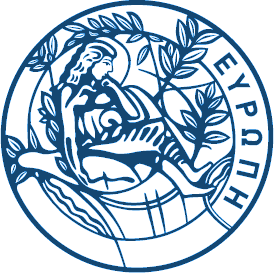Workshop #2
Workshop on (Covert) Modality
organized by Tim Stowell (UCLA) & Roumyana Pancheva (USC)
Wednesday July 29, 2021
Workshop Description
Modality enables reference to possible eventualities or worlds distinct from the actual world. Modal operators are semantically complex, involving both quantificational force (necessity or possibility) and ‘flavor’ (epistemic, deontic, abilitive, dispositional, bouletic, and teleological). Most modal verbs can be used with more than one flavor; the choice between them is influenced by the conversational context. Modals interact scopally with each other; for example, epistemic modals typically out-scope other modals (deontic, ability, etc.). Modals also interact scopally with quantifiers, negation, and tense, among other things.
Modality can be expressed overtly in the syntax of English in the form of a modal verb (must, should, can, may, etc.), though it can also be expressed by a modal adjective (possible, necessary), adverb (possibly, necessarily), or noun (possibility, necessity). In some languages (e.g., Tamil and Turkish), modality can be expressed by verbal affixes. Several studies have argued that modality can also be expressed covertly, either by a phonetically null operator of some kind, or by a covert feature attributed to some other grammatical element. Constructions where covert modality has been posited include: infinitival relative clauses and infinitival questions; imperatives; and sentences exhibiting modal concord. It has also been suggested that generic, habitual, and dispositional sentences convey a type of modality; any such modal operator would have to be covert, since genericity and habituality are not overtly marked, at least in many languages. The theme of this workshop is to explore evidence for or against the existence of covert modal operators, and to explore other aspects of modality that are potentially relevant to this question. The workshop will include three or four talks by invited speakers and approximately ten posters for presentation during a poster session, preceded by oral presentations in a lightning round.
CALL for ABSTRACTS for POSTERS
We hereby solicit abstracts for posters to be presented at the Workshop. We aim to include at least some posters addressing the specific workshop theme of covert modality, but we also welcome abstracts on any other aspects of the syntax or semantics of modality, particularly if they address novel types of modality (e.g. a typologically unusual mode of expressing modality in an uncommonly studied language), or novel interactions between modality and other phenomena. Posters may address these issues from the perspective of either semantic or syntactic theory, or both.
Please send a 1-page abstract to
modality.creteling2021@gmail.com by March 31, 2021. Abstracts should have margins of 1 inch or 2.5 cm, and the font size should be at least 12 pt. References may be listed on a separate page. Please provide the name(s) of the author(s), affiliations, and contact details in the main body of the e-mail. Notification of acceptance will be sent out by May 1, 2021.
Venue
Student Cultural Center Xenia
16, Sofokli Venizelou str
74100 Rethymnon Crete
